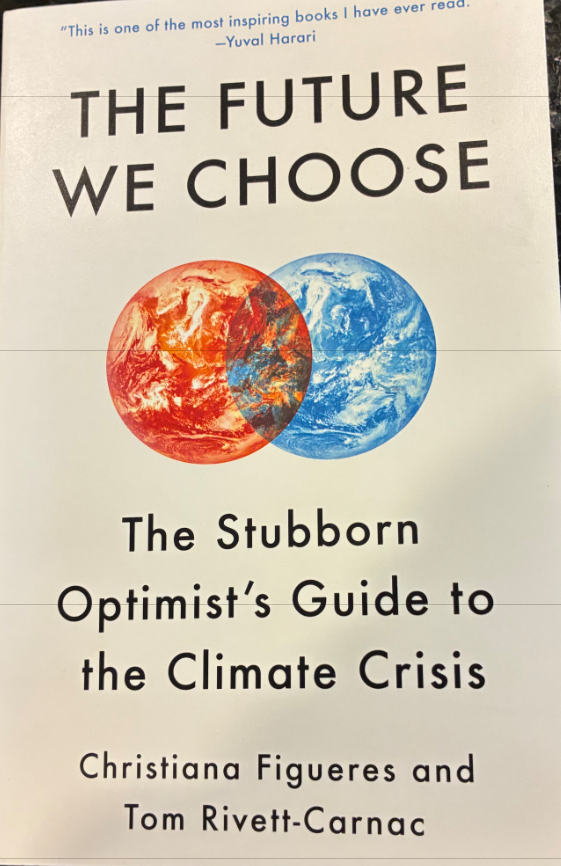Commentary
Keeping focused on Parker River watershed
.jpeg)
Daily News Editor’s note: This is one in a continuing series of guest opinions about fostering environmental stewardship. The series is coordinated by ACES, the Alliance of Climate & Environmental Stewards.
It seemed appropriate that the Parker River Clean Water Association recently celebrated its 25th year anniversary with a talk given by Dr. Gil Pontius on the topic of land-use change in the Parker River watershed.
After all, it was noticeable changes in the watershed that called for the creation of the group in the first place. David Mountain and a small group of residents in Byfield formed the association in 1994 to address the loss of wetlands and the impact of new roadways on the river.
New sprawling development making its way northward to the rural towns of the North Shore had given rise to deviations to the surrounding ecology.
People had once bragged that visitors would come to summer camps in Georgetown to fill up jugs of water to bring back to their homes in the Boston area.
Today, we hear constant complaints about the water quality. Local Facebook bloggers object to bad-tasting water and clothes discoloration from the public water supply. The Parker River and its tributaries often run dry now.
PRCWA’s mission is to preserve and protect the river and its ecosystem through the development of community-based objectives and coalitions, including individuals, groups, businesses, schools and governments who understand their connection to the river and the watershed and who will act to protect it for future generations.
My first involvement with PRCWA was as a volunteer herring monitor during the mid-1990s at the Pentucket Pond dam and fish ladder in Georgetown.
The waters teemed with thousands of alewives anxiously awaiting their turn to spawn in one of the last upstream great ponds. No anadromous fish have been known to make the arduous trek much past the first fish ladder in Byfield for many years now. This rapid decline of fish spawning merits our concern.
In its early years, PRCWA sought to educate the people on the value of protecting the watershed. Marlene Schroeder, a longtime Amesbury school teacher, began the SYEFEST program (Schoolyard Ecology for Elementary School Teachers). Families were encouraged to come to our annual River Festival held each year at Newbury’s historic Lower Green, where the early settlers of the area had arrived.
Another river advocate, Boston University Professor David Mountain, wrote several building capacity grants to jump-start the organization. These grants were used to help recruit members to evaluate streams, test water quality, measure flow, certify vernal pools, hold biodiversity walks and organize events.
We believe in the adage, “Tell me and I forget, teach me and I may remember, show me and I learn.”
Advocacy is a big part of our focus today with development pressure further straining water resources. We encourage cities and towns to consider low-impact techniques and water conservation in their decision-making.
We are fortunate to have many partners in our mission to protect the watershed, including the Ipswich River Watershed Association, the Mass Rivers Alliance, the Great Marsh Coalition, Trout Unlimited, Essex County Greenbelt, along with numerous state, city and town officials.
PRCWA remains active today. We head-start the Blanding’s Turtle (a state-listed threatened species) Project in 13 local schools and institutions. We hold invasive water chestnut weed pulls by canoe in Rowley during the summer. In addition, we are stewards of the Little River Nature Trail system in Newburyport (40 percent of the city of Newburyport is within the Parker River basin.) Learn more about the City Nature Challenge event taking place on April 27 by visiting our Facebook page.
PRCWA is open to any ideas or programs that you are interested in adopting or starting. A state wildlife official speaking at our annual meeting once remarked there is only so much government can do. It is up to individuals who enjoy the everyday environs of flora and fauna of this area to protect our river.
If you are interested in learning more or have some suggestions, please contact us at our email address: parker.river@verizon.net. And consider joining our Nature Challenge on April 27.
George Comiskey is vice president of the Parker River Clean Water Association.
Editor's note: This version corrects the name of the person who formed the association in 1994, which was incorrect in an early version of this commentary.
.svg)





